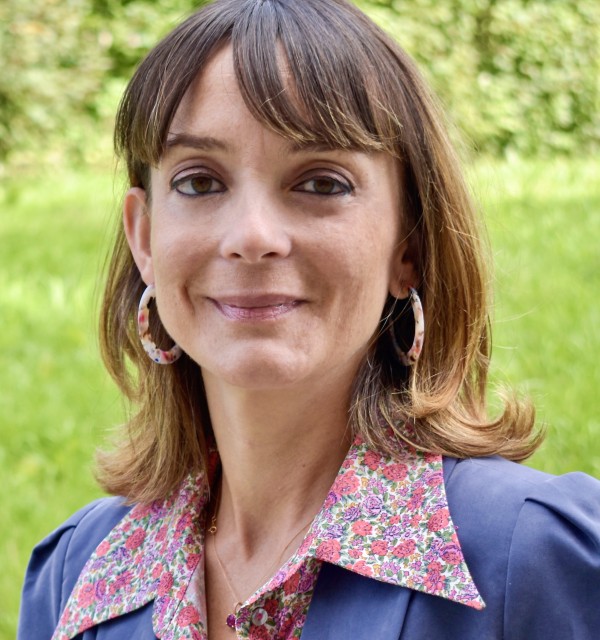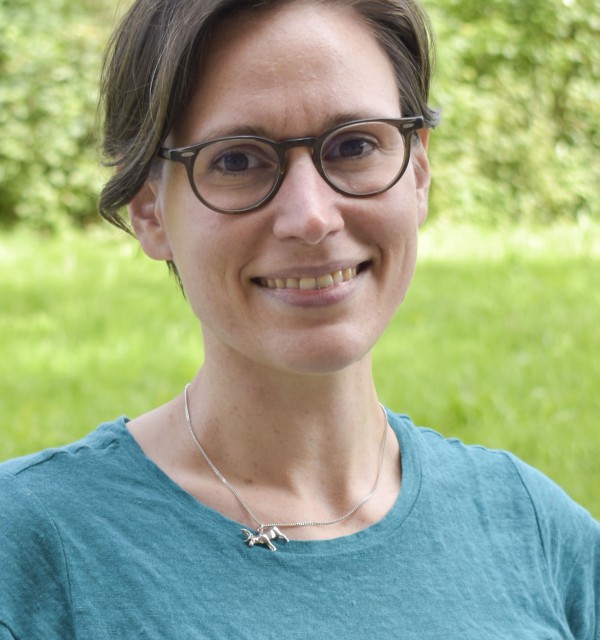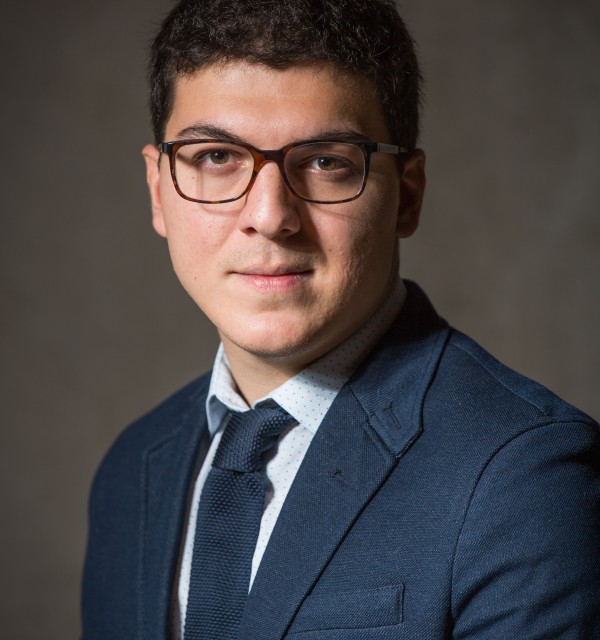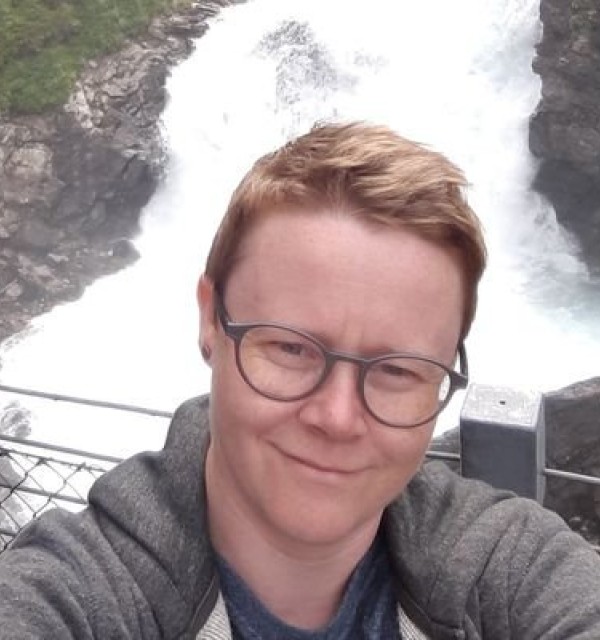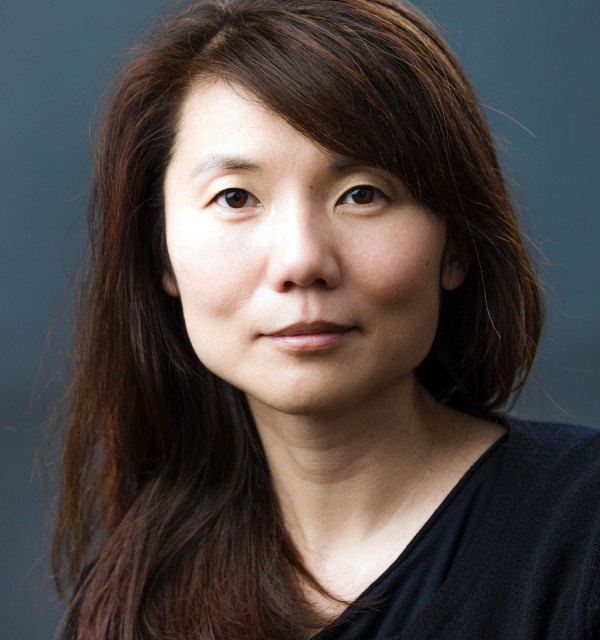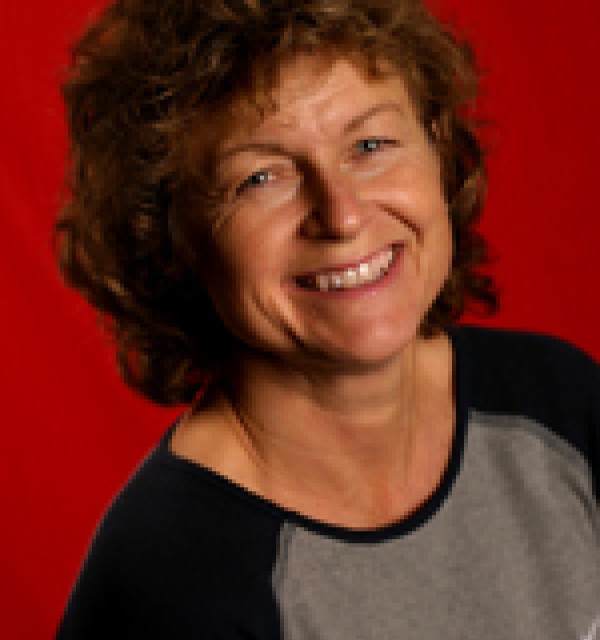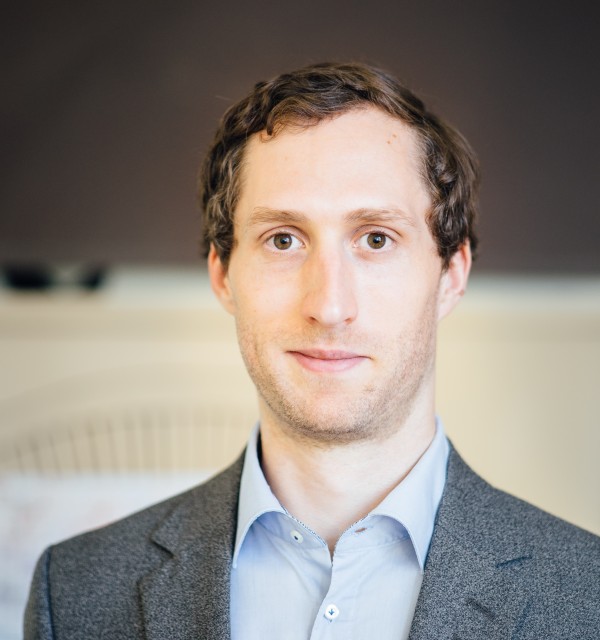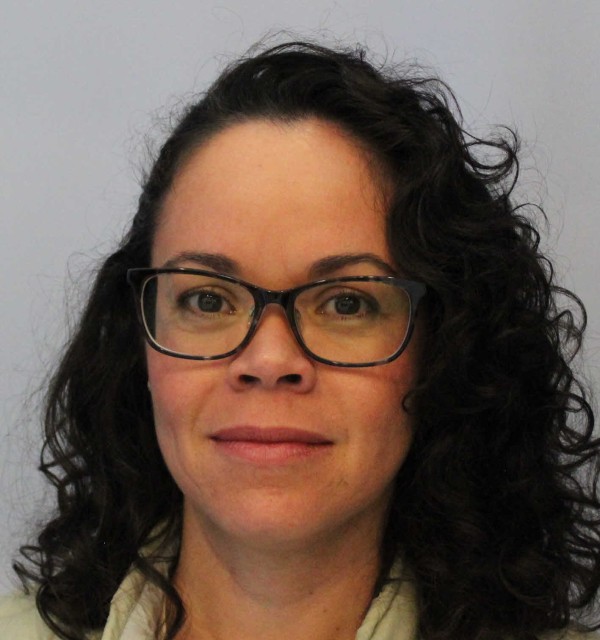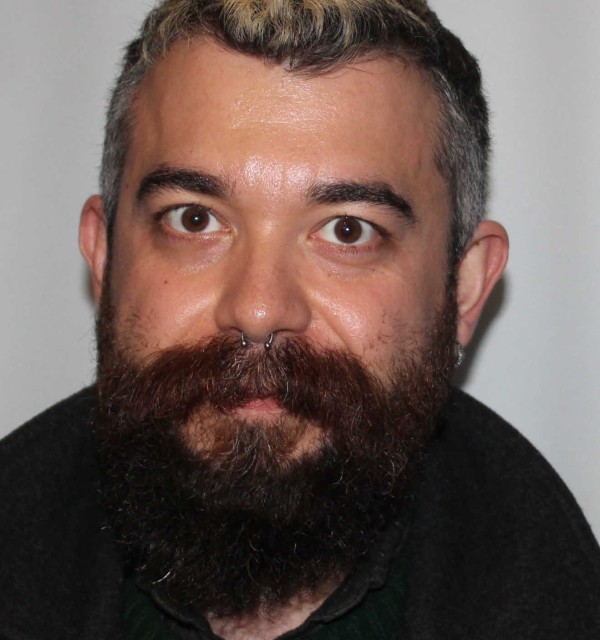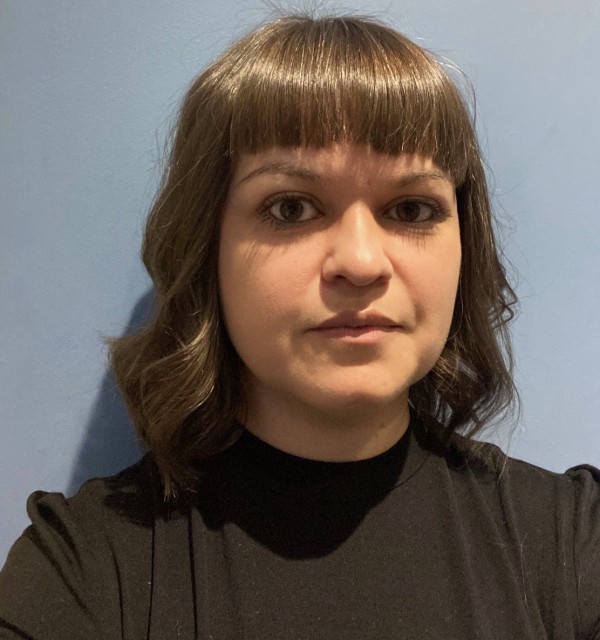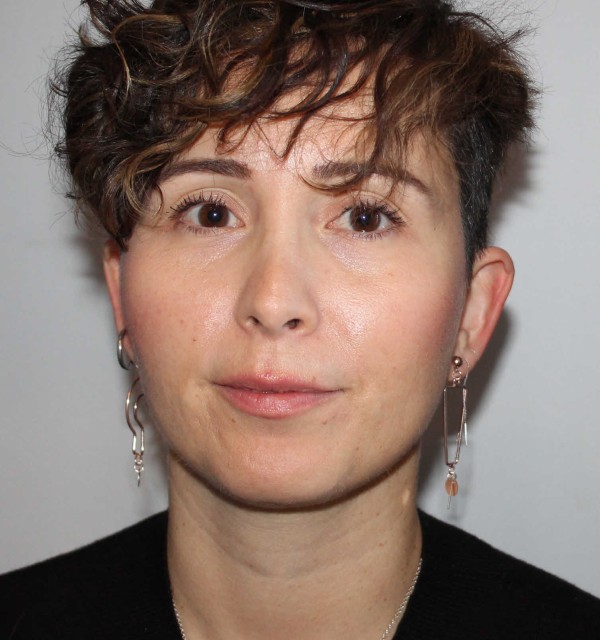The research group aims to understand how socio-political practices and processes work in interaction and changes.
Populism, anti-gender and democracy
12
2020-2026
The resurgence of populist mobilization holds substantial implications and pose a major challenge to society, politics, and research.
About the research group

The research group on populism, anti-gender, and democracy at the University of Stavanger was founded in 2020 and was initially headed by Professor in Sociology Hande Eslen-Ziya for the initial four years. As of January 2024, Professor Elisabeth Lund Engebretsen from the Centre for Gender Studies has taken over the directorship.
The research group connects researchers across various disciplines and interests to study and conduct research on populism, anti-gender developments and democratic challenges experienced in many societies around the world today.
The resurgence of populist mobilization holds substantial implications and pose a major challenge to society, politics, and research. Populism is widely considered to contribute towards the erosion of democratic norms, for example by exploiting divisive rhetoric, and challenging principles and policies of inclusivity, tolerance and respect for minority and women’s rights.
Across the world, we are witnessing attempts at rolling back hard-fought gains in gender equality and threatening vulnerable populations. Populist movements also thrive on undermining evidence-based knowledge and reasoned debate, by appealing to emotions (outrage) and simplistic narratives about commonsense ‘facts’. This complicates the possibility for meaningfully addressing complex societal issues, as is for example the case of populist misinformation tactics against broad scientific consensus on climate change and gender diversity.
Therefore, it is urgent to establish and maintain to provide a collaborative and supportive research environment for UiS-based researchers working on these issues. The aim for this two-year period is to build on the solid foundations established in the first four years of the group and continue explore theoretical and methodological approaches across a spectrum of disciplines - including political science, sociology, media, feminist, queer and gender studies.
The objectives of the research group are as follows:
- Establishing and sustaining a robust platform for scholarly dialogues on populism research, fostering opportunities for collaborative efforts on grant proposals.
- Creating a university-wide connection to facilitate interdisciplinary research in the field of populism.
- Organizing events that unite researchers engaged in the study of populism and anti-gender developments globally.
- Perpetuating the expansion of international collaboration with researchers and universities, aiming to conduct joint research activities and disseminate research-based knowledge to the public, as well as engaging with civil society organizations.
Events
Information about upcoming and past events.
Fringe Talk Series
The research group hosts digital seminars called the "Fringe Talk Series", where Norwegian and international researchers are invited to lectures and discussions based on recent and ongoing research and debates on populism, polarisation and democracy. The newest talks are on top.
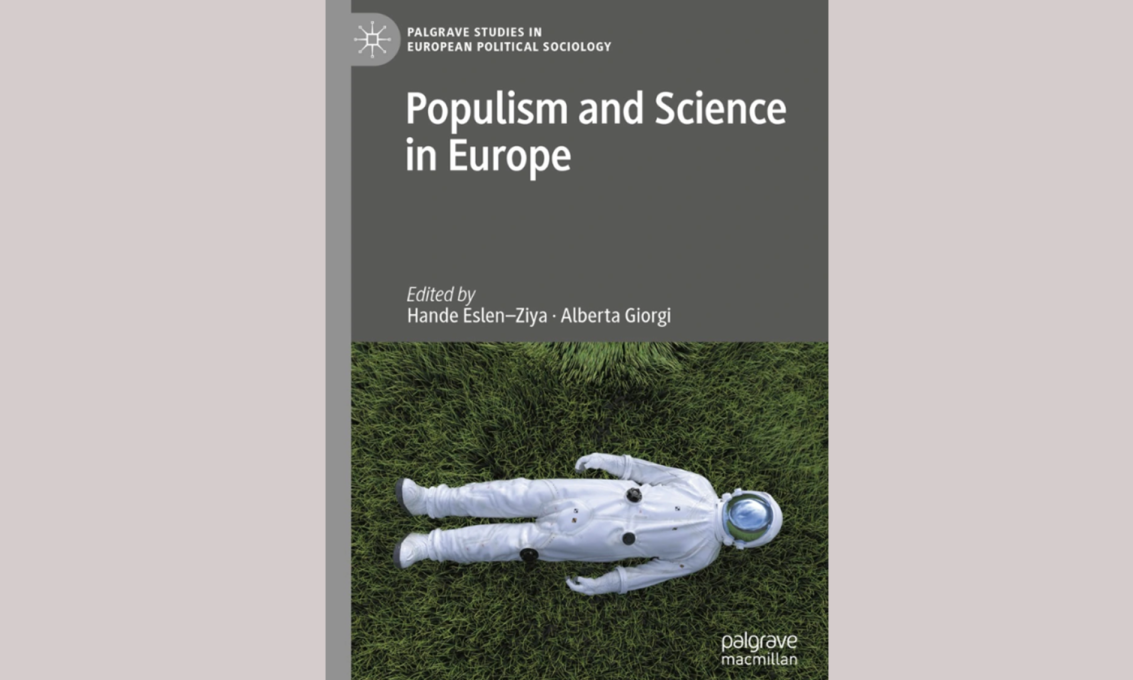
Book launch: Populism and Science in Europe
The book launch was held in may 2023.
The book is unique as it is topical and timely. The COVID-19 crisis exposed the contradictions in the relationship between populism and science and calls for detailed and in-depth analysis. It combines the attention to the theoretical aspects of the relationship between populism and science with rigorous empirical research. It includes chapters that explore populism from different theoretical perspectives – as a thin-ideology, as a political logic –, consider both right-wing and left-wing populism, and focus on leaders as well as citizens. Hence, it provides a nuanced and complex portrayal of populism. Moreover, It offers an overview of controversies over different fields of ‘science’, as the case studies include research on: food science, climate change, vaccination, gender theory, COVID-19, agricultural and environmental issues. In addition, two empirical case studies focus on conspiracy theory and the conceptions of truth. Hence, it provides a nuanced portrayal of science, allowing for the analysis of similarities and differences in different scientific fields. It includes research on Europe as a political actor (section two) and analysis of country-based and comparative case studies. Hence, it allows for a multilevel understanding of the relationship between populism and science. It includes case studies allowing for regional comparisons in the analysis of the intersections between populism and science.
Religious Populism in Israel
Remember to be Jewish: Religious Populism in Israel
This talk with Guy Ben-Porat on September 28th 1 pm will explore the relation between religion and populism in Israel.

Jewish identity has been an important marker of citizenship and belonging in Israel since its inception. The complex relation between religion and populism in Israel is demonstrated by the development of two populist parties; the first one we describe as “inclusive” (Shas) and the second one as “exclusionary” (Likud). The study of the two parties, analyses the role of religious identities, tropes, and symbols in boundary- making and political strategies. In the Israeli case religion functions, both as the positive content of the political community (since the ethnos -the Jewish people - is conflated with the demos) and the demands for inclusion; and as the marker of a threat (non-Jewish citizens, asylum seekers and allegedly disloyal secular elites).
Guy Ben-Porat is a professor at the Department of Politics and Government at Ben-Gurion University. He is the author of Between State and Synagogue, the Secularization of Contemporary Israel (Cambridge University Press, 2013).
Join Zoom Meeting
https://stavanger.zoom.us/j/68693712980?pwd=aU1nQ0JMRkI4SC9ZL1hiM2hVbmdodz09
Meeting ID: 686 9371 2980
Password: 211104
The talk is held in collaboration with the network of researchers in Sociology&Communication, Department of Letters, Philosophy, Communication (University of Bergamo).
Eco-anxiety and ecological grief: Critical psychologies & the climate crisis
Matt Adams is Principal Lecturer in the School of Applied Social Science at the University of Brighton, UK. In this talk, he will consider the role of psychological discourses to date in making sense of the climate crisis and how we can and should respond. He will talk about the importance of recognising affective and emotional responses to climate crisis, such as ecological grief, eco-anxiety and Anthropocene horror, and the problem of pseudo medicalising these responses. He will also share some key themes from a growing body of work bridging a recognition of difficult emotional responses to the climate crisis with an emphasis on place, community, power and discourse.

Adams’ research focus is interdisciplinary and covers critical and creative approaches to the climate crisis,especially how psychological and sociological discourses are translated into programmes for intervention and calls for action; and the relational dynamics of human-animal and human-nature entanglements in the novel context of the Anthropocene imaginary.
His most recent work tackles the idea of the Anthropocene and related human and more-than-human worlds. His most recent book is Anthropocene Psychology: Being Human in a More-Than-Human World (2020, Routledge).
Understanding the Far- and Populist Right-Wing Continuum: the Case of Norway
Sindre Bangstad is an awarded anthropologist. In this talk, he will argue that populist right-wing 'calculated ambiguity' towards the far- and racist right has long been a central part of populist right-wing strategies in Norway and beyond.
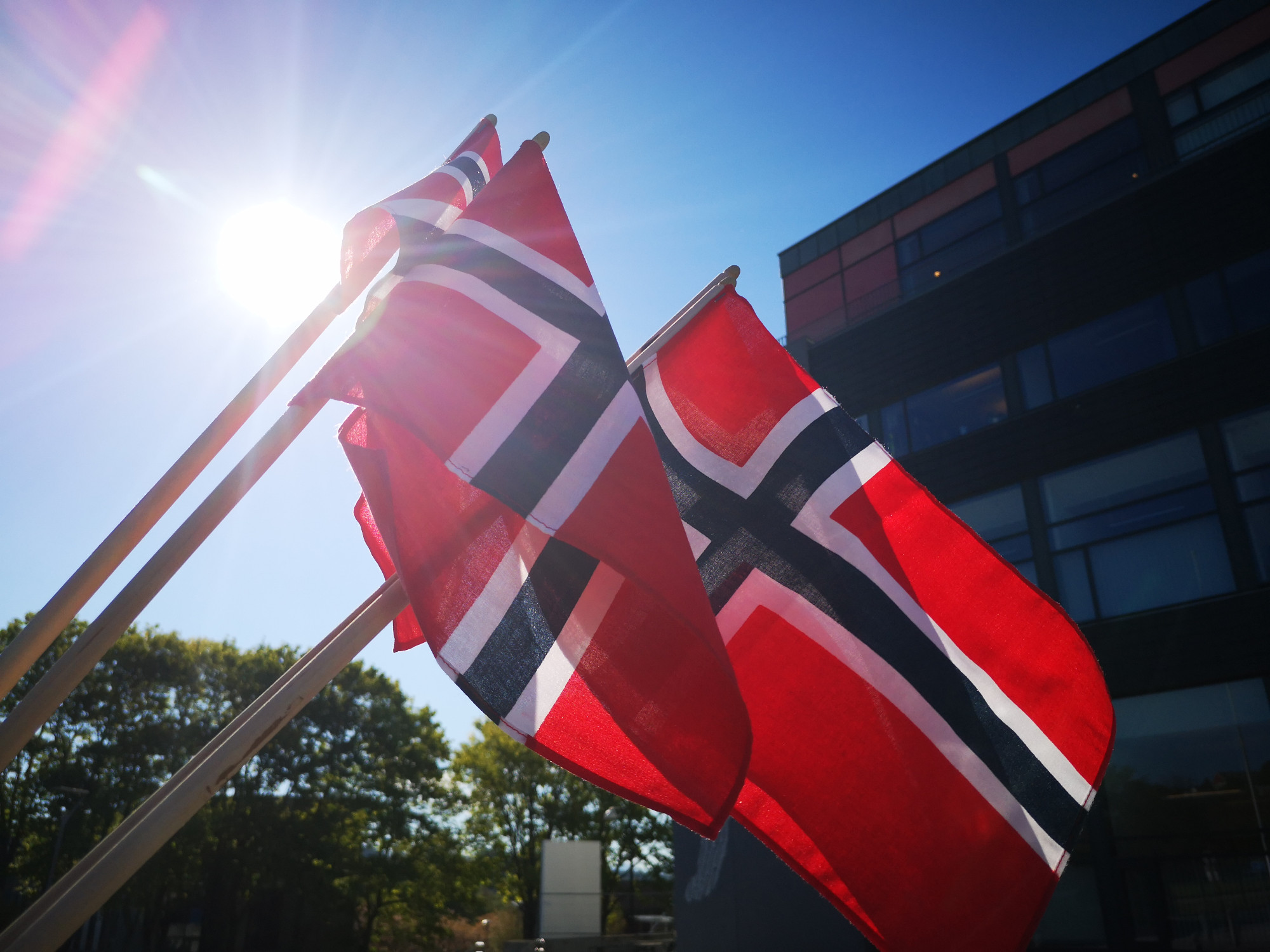
Bangstad works as a Research Professor at Institute for Church, Religion and Worldview Research. He has a backround in ethnographic fieldwork on Muslims in Cape Town, South Africa and Oslo, Norway.
He is the author of nine books and edited volumes, including 'Anders Breivik And the Rise of Islamophobia' (2014), Bangstad was awarded the 2019 Anthropology in The Media Awards (AIME) from the American Anthropological Association (AAA) for his long-standing work on disseminating anthropological knowledge and insights through the public media in Norway and internationally.
Are populists a threat to climate action?
Kacper Szulecki specializes in European energy policy, securitization and dissent. In this talk, he questions if populists are a threat to climate action or not.
Kacper Szulecki is a Senior Researcher at the Department of Political Science, University of Oslo and a Research Professor at the Center for Energy Research of the Norwegian Institute of International Affairs (NUPI).
He is a political sociologist (PhD 2012, University of Konstanz), specializing in European energy policy, securitization and dissent. He has recently published a series of papers on conspiracies, disinformation and populist rhetoric around the energy transition.
A discussion of political masculinity, with Ozan Soybakis
This talk revolves around “Milli ve Manevî” (National and Religious) as a populist principle in Turkey, and is a discussion on political masculinity and gender politics.

Ozan Soybakis is a Ph.D. candidate in sociology at the Institute of Advanced Studies in Social Sciences (EHESS-Paris) with a thesis entitled "Conservative Political Masculinity: A Study on Islamic Populism and Virility in Turkey." He specializes in gender and Turkish studies, especially in masculinities, with an anthropological perspective on material culture, emotions, and populisms. He is also broadly interested in modern art history, post-colonial and queer studies. He holds a sociology BA degree from Galatasaray University (Istanbul) and a MA degree in gender studies at EHESS. He worked as a teaching assistant in the sociology department at the University of Rouen and University of Evry Paris-Saclay.
He is currently working on doctoral research that aims to understand the links between the politicization of Erdoganist Muslim men, self-identified as “conservative” and right-wing, and the primary role of the populism of AKP (the ruling political party in Turkey since 2002) in the establishment of the gender regime, mainly oriented with Islamic and nationalist conservative ideas. Mainly for this talk, his paper focuses on a cultural form of populism, called "Milli ve manevî," that overlays the three main fields of understanding of the construction and performance of conservative political masculinities: symbolic and dualistic wars among Kemalist iconography; virility as a new way of "good manner" of political expression and legitimacy; and finally, self-identification as a conservative man.
Date of the talk: February 16th, 2021, at 11.00 am
Combating scepticism toward a vaccine for Covid-19, with Matt Motta
In his research, Matt Motta aims to assess the consequences of misinformation about politics, public health, and the environment.

Matt Motta is an assistant professor of political science at Oklahoma State University (American Politics & Quantitative Methods). His research aims to assess the prevalence, correlates, and policy consequences of misinformation about politics, public health, and the environment. He is also broadly interested in devising communication strategies aimed at reducing misinformation acceptance.
He received his PhD from the University of Minnesota in 2018, where he was a National Science Foundation Graduate Research Fellow. He is also a former science communication postdoctoral fellow at the Annenberg Public Policy Center (University of Pennsylvania) & Cultural Cognition Project (Yale Law School).
Date of the talk: November 23rd, 2020
Hijack or release? with Alberta Giorgi
The talk tackled the heuristic limits of the frame of instrumentalization of religion, for discussing the entanglements of populism, religion, and gender.

Alberta Giorgi is Assistant professor at the University of Bergamo, and associate researcher of the research groups GSRL (Paris) and CRAFT (Turin), and the research centre CES (Coimbra). She participated to Grassrootsmobilise ERC-funded project. Alberta is vice-chair of the research network Political Sociology (European Sociological Association), co-convenor of the standing group Political Participation and Social Movements (Italian Association of Political Science), and elected board member of the research network on Religion (Italian Association of Sociology). She works on the intersections of religion and politics – namely secularism, and gender and religion.
Date of the talk: October 19th, 2020
The research group
Professor Cheryl Potgieter (Durban University of Technology, South Africa)
Dr Ramona Dima (Lecturer in Gender Studies, Södertörn University, Sweden)
Special Issue on “Anti-Gender Politics and Queer Theory” (link: Vol. 27 No. 3-4 (2022): Anti-gender politics and queer theory | lambda nordica)
Special Section: Contemporary Forms of Illiberal and Anti-feminist Mobilizations of Gender

